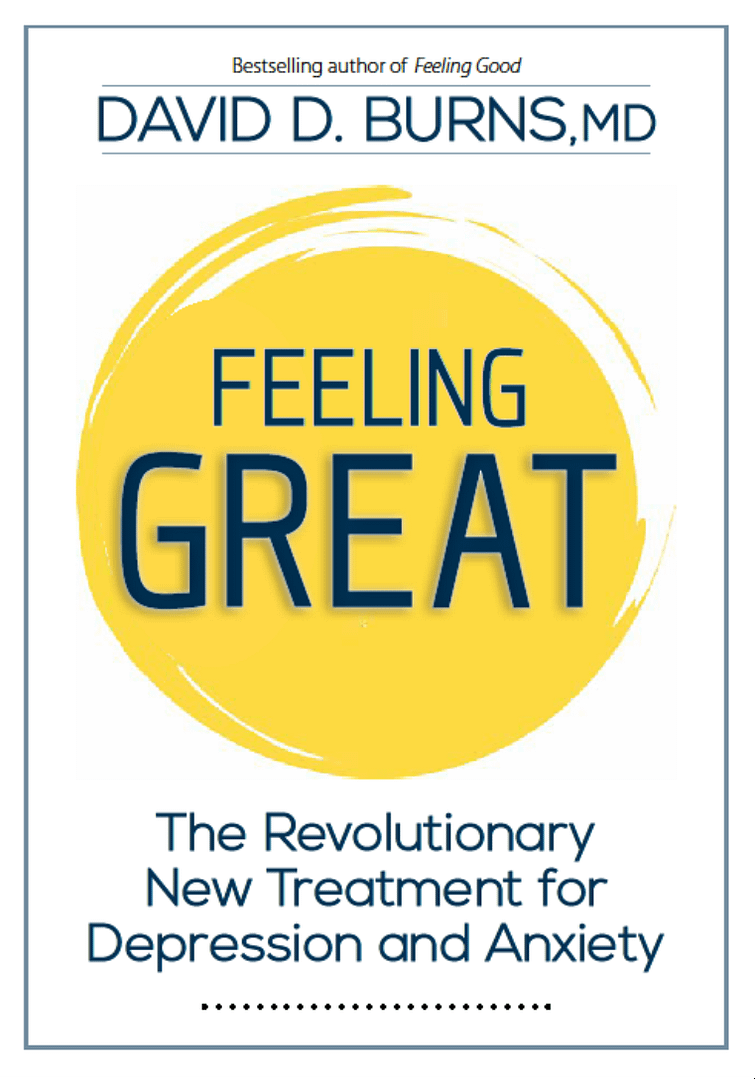| 1. This could be the new normal. |
| 2. My life is going to waste. |
| 3. I should be handling this better. |
| 4. I could catch the virus and die. |
| 5. No one is in charge. |
- You must have one or more negative thoughts on your mind.
- You must strongly believe these thoughts.
T = Testing. Rhonda tested how Alice was feeling at the start and end of the session.
E = Empathy. Rhonda provided warmth and support without trying to “help” or “cheer-lead.”
A = Assessment of Resistance. This is one of the unique aspects of TEAM-CBT, and it’s the secret of ultra-rapid recovery. Rhonda used the Miracle Cure Question, Magic Button, Positive Reframing, and Magic Dial to bring Alice’s “resistance” to change to conscious awareness, then quickly reduced it before trying to “help.”
M = Methods. Rhonda helped Alice identify the many cognitive distortions in her thoughts. For example, her first Negative Thought, “This could be the new normal,” was an example of All-or-Nothing Thinking, Overgeneralization, Mental Filtering, Discounting the Positive, Fortune Telling, and Emotional Reasoning.
The goal of the M = Methods phase is to crush the Negative Thoughts that are upsetting you. Do you know how to do this? You have to come up with a Positive Thought that has two characteristics:- It must be 100% true. Positive affirmations and rationalizations and half truths are worthless. Cognitive therapy is based on the Biblical idea the “The truth shall set you free.”
- The Positive Thought must drastically reduce your belief in the Negative Thought you’ve recorded on your Daily Mood Log, and ideally your belief in it will go all the way to zero.
* * *
IMPORTANT ANNOUNCEMENT
FREE TEAM THERAPY FOR HEALTHCARE WORKERS
Health care workers face incredibly challenging times, having to fight a potentially fatal epidemic without adequate supplies or protection. The TEAM therapy community is now offering free TEAM-CBT treatment for 100 health care workers in San Mateo and Santa Clara counties. For more information, please contact the Feeling Good Foundation.* * *
This is the cover of my new book, Feeling Great. It will be released in September of 2020, but you will soon be able to pre-order it on Amazon, possibly by the time you read this!

Need Training or CE Credits?
Check Out these Awesome Upcoming Workshops!
The Cognitive Distortion Starter Kit: How to Crush Negative Thoughts
With Drs. David Burns and Jill Levitt
May 17, 2020 | 7 CE hours. $135 (online only)
TEAM-CBT includes more than 100 powerful techniques to change the distorted thoughts that trigger negative emotions. But what techniques should I select for my patient who feels depressed, anxious, or angry? As you know, in my book, Feeling Good, I listed the ten most common cognitive distortions, like All-or-Nothing Thinking, Should Statements, Emotional Reasoning, and more, and you probably use that list all the time in your clinical work. But do you know which techniques work the best for each distortion? Come to this workshop and find out! You’ll learn with tons of cool techniques you can use every day to boost your clinical effectiveness. This workshop will be live-streamed (and in person in Palo Alto, CA) so you can join from anywhere in the world! There will be many expert online helpers to assist you with the small-group exercises. Move rapidly if you want to come. We are already SOLD OUT in person, but there are still slots available online. There will be many helpers from the Feeling Good Institute to assist and guide you in the small group exercises in person and online as well. Our last workshop on resistance in February was our most highly rated ever! We hope to make this a terrific and fun learning experience for you, too!Learn More & Register
* * *
2-Day Clinical Master Class
Rapid Recovery from Anxiety Disorders– GAD, Phobias, Panic Attacks, Social Anxiety, OCD, PTSD and Health Anxiety
by David D. Burns, MD
June 4 – 5, 2020, Seattle, Washington
* * *
The All-New Annual South San Francisco Intensive!
Enhanced Empathy Training
August 10 – 13, 2020
It’s Going to Be Awesome!
Videos, Live Demonstrations
Small Group Practice with
Personal Feedback and Mentoring,
and Chances for Personal Work and Healing
During this four-day intensive workshop you will learn:- How to develop deeper and more meaningful relationships with challenging, difficult clients.
- How to deal skillfully with people who refuse to open up and talk to you; won’t listen; are relentlessly critical, narcissistic or controlling; always have to be right; use, abuse, or exploit you; complain endlessly; are hostile, threatening or violent; as well as clients who are overwhelmed, hopeless and suicidal.
- How to develop more loving relationships with the people you care about—as well as the ones you don’t.
- Powerful new techniques to help clients who are struggling with conflicts with loved ones, friends, or colleagues.
- How to deal with the inner chatter and powerful feelings that make it so difficult to deal with conflict when you feel angry or hurt.
- How to identify and modify the self-defeating beliefs that make us vulnerable to conflicts with others.
- How to identify and melt away the intense outcome and process resistance that make the treatment of relationship problems so challenging.



